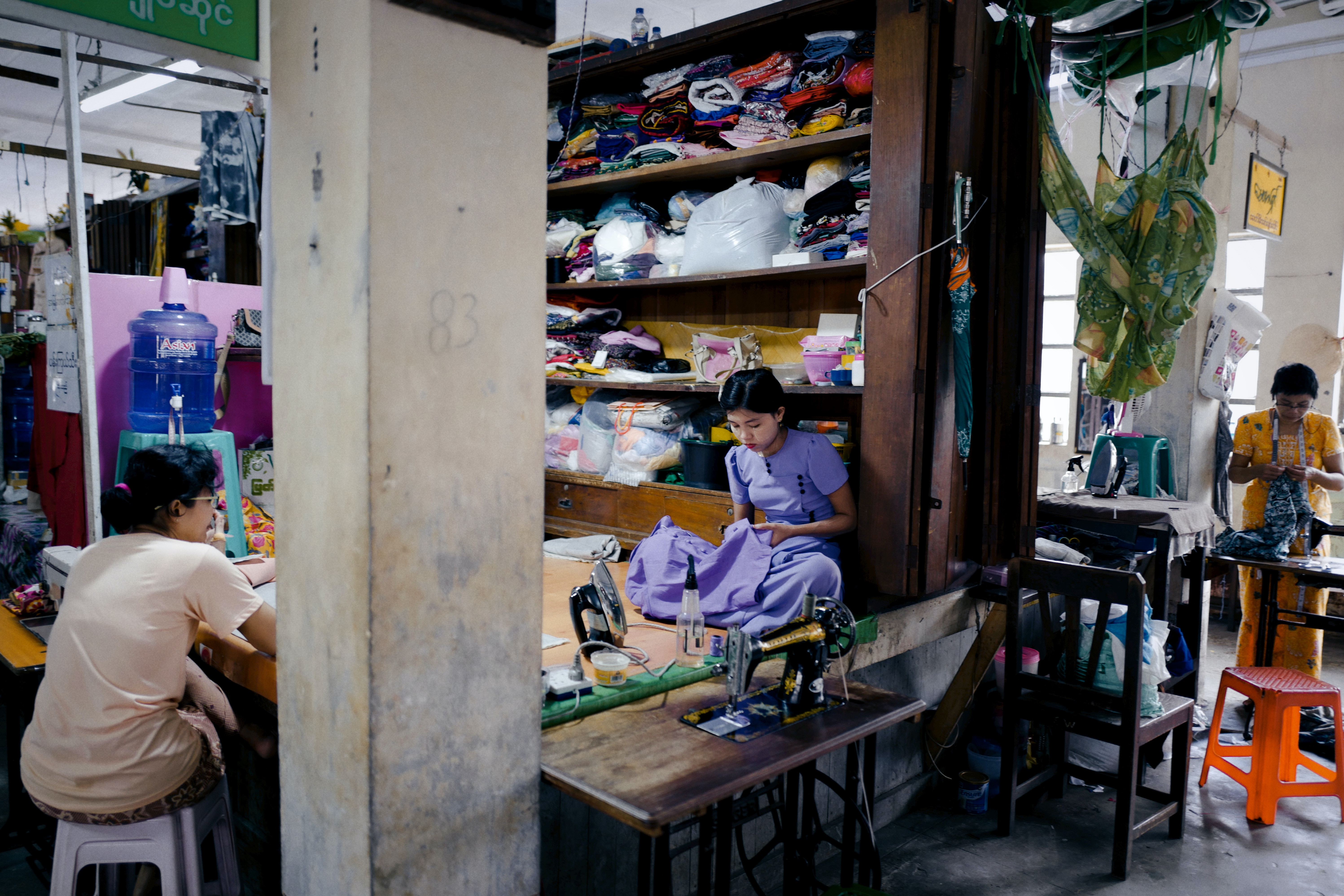Example in Action: The Search for Independent Verification in Fashion Supply Chains

- There is no independent verification standard for words like “sustainable” and “transparent.” However, several small start-up companies are attempting to meet consumer demand for reliable information on companies’ efforts to address supply chain labor abuses, among others. Start-ups like Wearwell,* GoodOnYou,* and Compare Ethics* sift through a company’s claims in reporting and audit documents and validate those claims against reality, serving as a platform for consumers to access brands that meet certain standards. This model presents challenges but reflects a desire from customers and other stakeholders to establish verification of those claims within an apparel market valued, as of 2021, at approximately $1.5 trillion. Other initiatives, such as the Social & Labor Convergence Program, seek to standardize and share accurate data about working conditions in global supply chains for more than 50 brands and retailers and reflect growing efforts in the wider clothing industry.
Verification of all claims should be made by accredited Certification Bodies (CBs), complying with either ISO/IEC 17021, ISO/IEC Guide 65, or other relevant systems. Independent verification should include consultation with appropriate stakeholders, including unions.
DOL welcomes examples of good practices
to address child labor and forced labor.
Email us at GlobalKids@dol.gov.

 Step 7: Independent Review
Step 7: Independent Review


